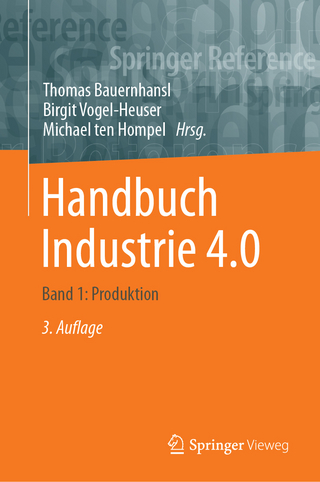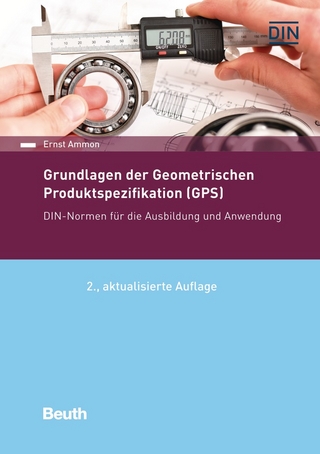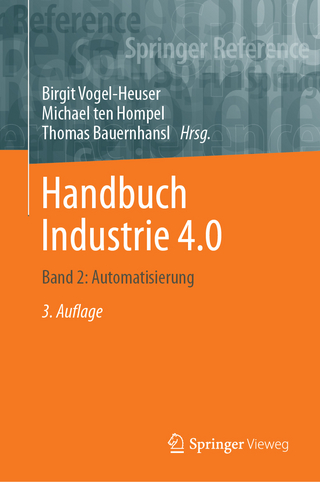
Spies for the Sultan
Ottoman Intelligence in the Great Rivalry with Spain
Seiten
2024
Georgetown University Press (Verlag)
978-1-64712-441-0 (ISBN)
Georgetown University Press (Verlag)
978-1-64712-441-0 (ISBN)
Translated into English for the first time, this is a fascinating history of intelligence practices and their impact on great power rivalries in the early modern era
In the sixteenth century, an intense rivalry between the Ottoman Empire and the Spanish Habsburg Empire and its allies spurred the creation of early modern intelligence. Translated into English for the first time, Emrah Safa Gürkan's Spies for the Sultan reconstructs this history of Ottoman espionage, sabotage, and bribery practices in the Mediterranean world.
Then as now, collecting political, naval, military, and economic information was essential to staying one step ahead of your rivals. Porous and shifting borders, the ability to assume multiple identities, and variable allegiances made conditions in this era ripe for espionage around the Mediterranean. The Ottomans used networks of merchants, corsairs, soldiers, and other travelers to move among their enemies and report intelligence from points far and wide. The Ottoman sultans invested in the novel technologies of cryptography and stenography. Ottoman intelligence operatives not only collected information but also used disinformation, bribery, and sabotage to subvert their enemies.
This history of early modern intelligence is based on extraordinary archival research in Turkey, Spain, Italy, Austria, and Croatia, and it provides important insights into the origins of modern intelligence.
In the sixteenth century, an intense rivalry between the Ottoman Empire and the Spanish Habsburg Empire and its allies spurred the creation of early modern intelligence. Translated into English for the first time, Emrah Safa Gürkan's Spies for the Sultan reconstructs this history of Ottoman espionage, sabotage, and bribery practices in the Mediterranean world.
Then as now, collecting political, naval, military, and economic information was essential to staying one step ahead of your rivals. Porous and shifting borders, the ability to assume multiple identities, and variable allegiances made conditions in this era ripe for espionage around the Mediterranean. The Ottomans used networks of merchants, corsairs, soldiers, and other travelers to move among their enemies and report intelligence from points far and wide. The Ottoman sultans invested in the novel technologies of cryptography and stenography. Ottoman intelligence operatives not only collected information but also used disinformation, bribery, and sabotage to subvert their enemies.
This history of early modern intelligence is based on extraordinary archival research in Turkey, Spain, Italy, Austria, and Croatia, and it provides important insights into the origins of modern intelligence.
Emrah Safa Gürkan, a best-selling author in Turkey, a best-selling author in Turkey, is professor in the Department of Political Science and International Relations at Istanbul 29 Mayis University and holds a doctorate in history from Georgetown University. Jonathan M. Ross is an assistant professor in the Department of Translation and Interpreting Studies at Boğaziçi University in Istanbul. İdil Karacadağis is a freelance translator based in Istanbul whose work primarily focuses on contemporary Turkish literature.
Georgetown Studies in Intelligence HistoryChristopher Moran, Mark Phythian, and Mark Stout, Series Editors
| Erscheinungsdatum | 23.04.2024 |
|---|---|
| Übersetzer | Jonathan M. Ross, İdil Karacadağ |
| Zusatzinfo | 16 Figures; 5 Maps; 3 Tables, unspecified |
| Verlagsort | Washington, DC |
| Sprache | englisch |
| Maße | 152 x 229 mm |
| Themenwelt | Geisteswissenschaften ► Geschichte ► Regional- / Ländergeschichte |
| Mathematik / Informatik ► Informatik ► Office Programme | |
| Informatik ► Weitere Themen ► CAD-Programme | |
| Sozialwissenschaften ► Politik / Verwaltung ► Staat / Verwaltung | |
| ISBN-10 | 1-64712-441-7 / 1647124417 |
| ISBN-13 | 978-1-64712-441-0 / 9781647124410 |
| Zustand | Neuware |
| Informationen gemäß Produktsicherheitsverordnung (GPSR) | |
| Haben Sie eine Frage zum Produkt? |
Mehr entdecken
aus dem Bereich
aus dem Bereich
Buch | Softcover (2023)
Beuth (Verlag)
99,00 €
Band 2: Automatisierung
Buch | Hardcover (2024)
Springer Vieweg (Verlag)
99,99 €


